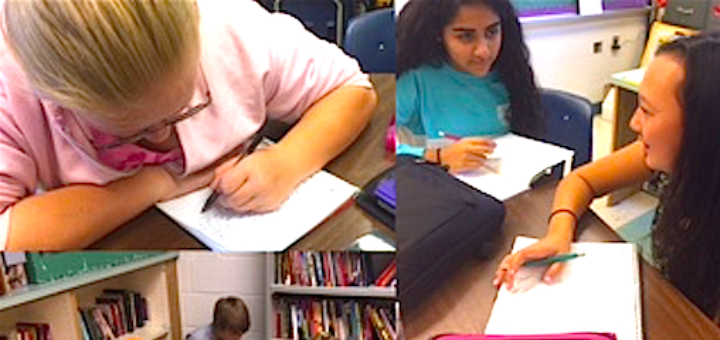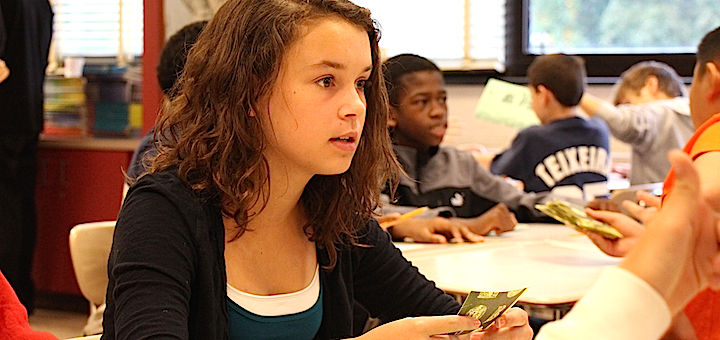How to Succeed as a Cooperating Teacher
Author and veteran teacher educator Ann Weber outlines 3 key supervisory steps – preparation, coaching and evaluation – that can help cooperating teachers shine in their advisory roles and assure new teachers are ready to launch their careers in the middle grades.





















